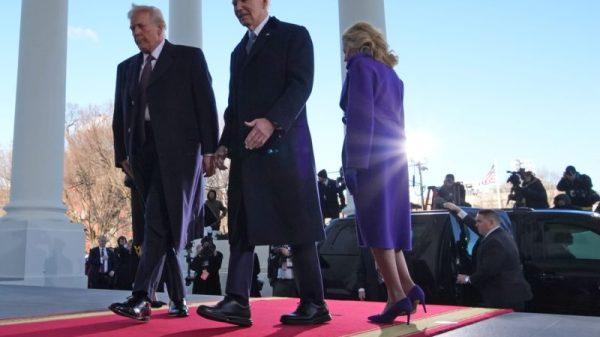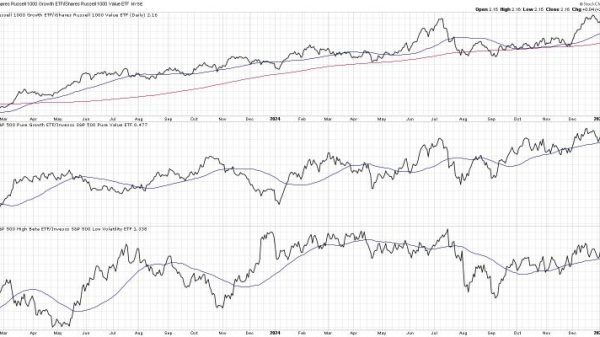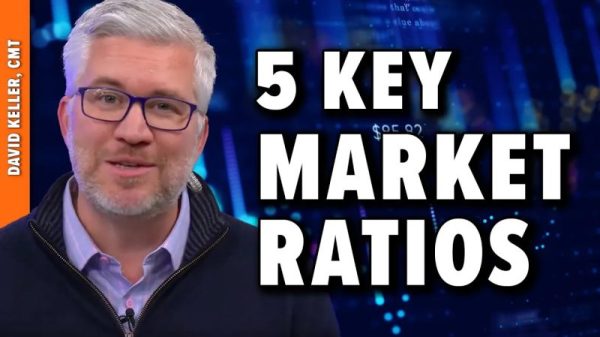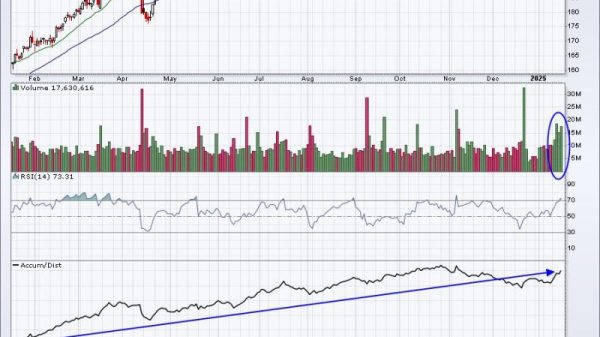There is an increasing sense of division in the Republican Party when it comes to the U.S. posture abroad, particularly when it comes to countering Russia, as Sen. JD Vance, R-Ohio, joins Donald Trump as his running mate in the race for the White House.
The calls to stop military aid to Ukraine reflect a fundamental break in the party and a reversal to the long-held GOP neoconservative approach to foreign policy, which previously leaned heavily on an interventionist strategy.
Ronald Reagan famously held a ‘peace through strength’ approach, which relies on military power to preserve global stability, a policy that both the Bush administrations adhered to.
But the policies practiced by Republican Party leaders from the 1980s through the early 2000s have prompted a rise to a different approach in the GOP, a strategy not largely held since before World War II — isolationism.
‘I do think that is a repudiation,’ Victoria Coates, a former deputy national security adviser to Trump, told Fox News Digital, pointing to the decades-long wars in the Middle East. ‘A rejection of the traditional establishment neoconservative stance, which favors military intervention to promote democracy.
‘I just don’t think that that’s been a winning formula,’ she said, noting many Republicans today agree, including Vance.
In a speech at the Quincy Institute for Responsible Statecraft in May, Vance made clear there are stark divisions in the GOP when it comes to foreign policy.
‘We really have to get past the tired old slogans,’ Vance said. ‘The way that American foreign policy has proceeded for the last 40 years — think about the wreckage and think about the actual results.
‘People are terrified of confronting new arguments, I believe, because they’re terrified of confronting their own failure over the last 40 years.’
In his speech, Vance specifically pointed to Senate Minority Leader Mitch McConnell, who has been an ardent supporter of Ukraine and who became a senator the year Vance was born in 1984.
‘Nearly every foreign policy position he’s held has actually been wrong,’ Vance claimed.
The push by some in the Republican Party to back off aid to Ukraine stalled military supplies to the war-torn nation for six months and revealed the true extent to which Kyiv relies on the U.S. in its fight against Russia.
While many in the GOP see Ukraine’s victory over Moscow as a vital security interest to the U.S., Vance and Trump believe it should also be Europe’s burden to shoulder.
Unease among NATO allies over the threat of discontinued aid to Ukraine under a Trump presidency has prompted speculation that the security of Europe, and even the alliance, could be in jeopardy.
Headlines this week reported ‘concern,’ ‘anxiety’ and a ‘nightmare’ scenario for Ukraine as Vance has unequivocally opposed continued aid to Kyiv and has instead pushed for a stronger stance when it comes to countering China.
‘I think we should stop supporting the Ukrainian conflict,’ Vance said in May. ‘I do not think that it is in America’s interest to continue to fund an effectively never-ending war in Ukraine.
‘The second-biggest criticism I make about the war in Ukraine and our approach to it is that we are subsidizing the Europeans to do nothing.’
Trump first led the push in getting more NATO nations to meet their 2006 defense spending pledges, and the war in Ukraine has ensured that now 23 of the 32 nations are hitting the 2% GDP threshold.
Some nations have not only hit their goals but have begun contributing well beyond their original pledge, including Poland, which contributes 4.12%. Estonia, the U.S., Latvia and Greece all give more than 3% and Lithuania contributes 2.85%.
Despite advances in international defense efforts, there is a fundamental divide in the GOP when it comes to the U.S. and its relationship with NATO.
‘They’ve done a great job, and that’s terrific,’ Coates, vice president of the Kathryn and Shelby Cullom Davis Institute for National Security and Foreign Policy at The Heritage Foundation, said. ‘Unfortunately, their scale is not enough to really move the needle.
‘We need the big economies,’ she added, pointing to Canada, which still only contributes 1.37% of its GDP to defense spending despite being the world’s 10th largest economy. ‘That just can’t go on.’
Experts agree it is unlikely Trump would fully pull out of the NATO alliance. Though there is concern he could weaken the alliance by cutting aid to Ukraine or by pulling U.S. troops out of Europe.
But while Vance has argued ‘America can’t do everything’ and therefore should focus on the threat China poses, Hal Brands, a senior fellow at the American Enterprise Institute, a conservative-leaning think tank in Washington, D.C., argued it is not that simple.
‘U.S.-China competition is not simply a regional competition. It’s a global competition,’ he said. ‘It involves things like control of advanced technologies, as well as things like the military balance of power.’
Brand, who is also the Henry A. Kissinger Distinguished Professor of Global Affairs at the Johns Hopkins School of Advanced International Studies, argued that the U.S. needs to maintain its European relations to leverage its influence ‘to choke off China’s access to advanced semiconductor manufacturing.’
‘Even if you think that China is the overriding priority in U.S. policy, you won’t be effective in dealing with China unless you have some degree of influence that the transatlantic relationship provides,’ he added.
There is growing concern among Republicans that adhere to a broad U.S. international presence that isolationism is on the rise, and there are security threats that that could pose.
‘It has become all too easy to just assume that Europe would be fine after a U.S. departure. When history actually provides very little support for that idea,’ Brands said. ‘There’s long been this tendency to try to remain aloof from problems in other regions, and we saw that before World War II.’
It has long been argued that U.S. reluctance to involve itself in European affairs in the lead-up to World War II emboldened Adolf Hitler to execute his ambitions largely unchecked by the U.S. or its British and French allies, ultimately costing the Allies greatly.
‘President Trump has said that the U.S. should not be involved in Ukraine because there’s an ocean between the U.S. and Europe. And that’s very reminiscent of American involvement you heard from the anti-interventionists in the 1930s.’
Vance has rejected the ‘isolationist’ label and said during his address at the Quincy Institute, ‘The fact that I oppose sending money that we don’t have to another country, or that borrowing money to send it is somehow, to me, that’s not isolationism.
‘That’s just fiscal conservatism.’


































